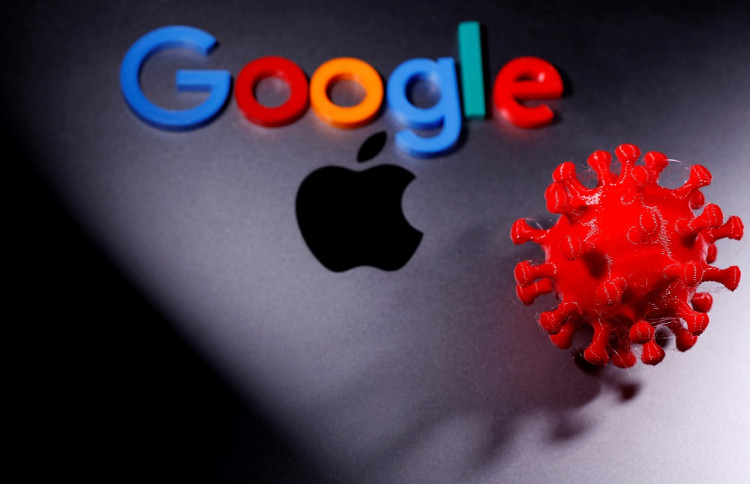Health organizations and tech companies are scrambling to get people to participate in digital contact tracing. Apps are yet to be rolled out, but we can only hope people would be obedient enough to participate in the endeavor to be successful.
As of the moment, a problem is already starting to emerge, and there's not even a platform for digital contact tracing yet. For one, there are actually a whole lot of people who can't use the tech because their phones can't support it. And even for those with smartphones, they aren't exactly enthusiastic about the idea of sharing data with tech companies or insurers.
Contact tracing on a small scale can be easily achieved, but covering an entire country is a mighty feat. In the United States, there are roughly 330 million people. You can only imagine how to contact tracers would be able to reach that many. It's for this reason Apple and Google are working together to develop a platform that would let everyone's smartphones become part of a massive national contact-tracing system.
Tech giants will need to convince people to participate, though. According to a poll released by The Washington Post and the University of Maryland, nearly 3 in 5 Americans say they are either unable or unwilling to use the infection-alert system under development by Google and Apple.
The majority of respondents, making up 57% of the number, say they trust public health agencies with their data, while only 43% said they trust tech firms. Overall, the poll finds that only 41% of American adults are willing and have the capacity to use a contact-tracing app. While the figure doesn't seem that bad, it's still a problem, as research suggests that digital tracing would have to reach about 60% of the population for it to be successful.
We'll likely see Apple and Google's contact-tracing app a few days from now, although some parts of the world already have their systems working. Representatives from the companies said the full app-dependent system is in testing and will be released in the middle of May. In the second phase of development, expected in the coming months, both tech giants said they will fold the system into a software update rolled out to users worldwide.
Microsoft and the University of Washington are also planning to launch a contact-tracing app. Meanwhile, in the UK, authorities have refused to use Apple and Google's contact-tracing system and will develop their own tech instead.






